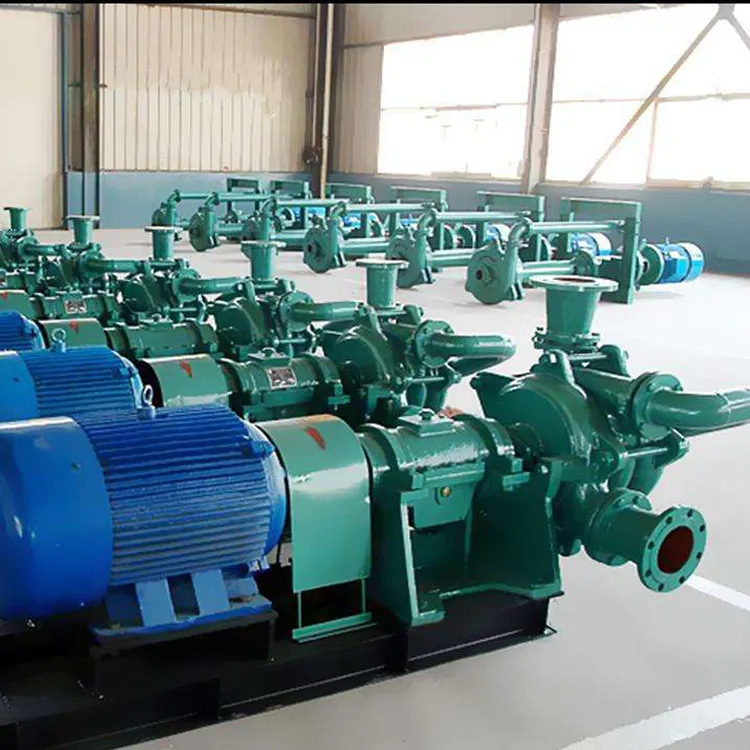Khmer
- Afrikaans
- Albanian
- Amharic
- Arabic
- Armenian
- Azerbaijani
- Basque
- Belarusian
- Bengali
- Bosnian
- Bulgarian
- Catalan
- Cebuano
- Corsican
- Croatian
- Czech
- Danish
- Dutch
- English
- Esperanto
- Estonian
- Finnish
- French
- Frisian
- Galician
- Georgian
- German
- Greek
- Gujarati
- Haitian Creole
- hausa
- hawaiian
- Hebrew
- Hindi
- Miao
- Hungarian
- Icelandic
- igbo
- Indonesian
- irish
- Italian
- Japanese
- Javanese
- Kannada
- kazakh
- Khmer
- Rwandese
- Korean
- Kurdish
- Kyrgyz
- Lao
- Latin
- Latvian
- Lithuanian
- Luxembourgish
- Macedonian
- Malgashi
- Malay
- Malayalam
- Maltese
- Maori
- Marathi
- Mongolian
- Myanmar
- Nepali
- Norwegian
- Norwegian
- Occitan
- Pashto
- Persian
- Polish
- Portuguese
- Punjabi
- Romanian
- Russian
- Samoan
- Scottish Gaelic
- Serbian
- Sesotho
- Shona
- Sindhi
- Sinhala
- Slovak
- Slovenian
- Somali
- Spanish
- Sundanese
- Swahili
- Swedish
- Tagalog
- Tajik
- Tamil
- Tatar
- Telugu
- Thai
- Turkish
- Turkmen
- Ukrainian
- Urdu
- Uighur
- Uzbek
- Vietnamese
- Welsh
- Bantu
- Yiddish
- Yoruba
- Zulu
Telephone: +86 13120555503
Email: frank@cypump.com
កក្កដា . 28, 2024 23:32 Back to list
Choosing the Right Pump for Handling Acidic and Corrosive Chemical Solutions Effectively
Understanding Acid and Corrosive Chemical Pumps
Acid and corrosive chemical pumps are integral components in a variety of industrial applications, primarily focused on the safe and efficient transfer of aggressive chemicals. These pumps are specifically designed to handle substances that can cause corrosion to standard materials, making them essential in industries such as chemical manufacturing, wastewater treatment, and metal plating.
The Necessity of Specialized Pumps
In many industrial processes, the handling of acids and corrosive substances is unavoidable. Common examples include sulfuric acid, hydrochloric acid, and various other aggressive chemicals used in manufacturing and processing. Regular pumps made from conventional materials like aluminum or steel are often inadequate as they can deteriorate quickly when in contact with these substances. This not only leads to frequent equipment replacement but also poses significant safety risks, including leaks and spills.
To mitigate these risks, acid and corrosive chemical pumps are constructed from specialized materials, such as stainless steel, PTFE (polytetrafluoroethylene), and other high-performance thermoplastics. These materials boast high resistance to corrosion, ensuring the longevity and reliability of the pump while maintaining safety standards in the workplace.
Types of Acid and Corrosive Chemical Pumps
There are several types of pumps used for handling acids and corrosive chemicals, each suitable for specific applications
.1. Diaphragm Pumps These pumps are excellent for handling aqueous solutions, slurries, and high-viscosity fluids. They operate using a diaphragm that reciprocates to create a vacuum, allowing the transfer of liquids without the risk of leakage.
acid and corrosive chemical pump

2. Magnetic Drive Pumps These pumps utilize magnets to drive the impeller, eliminating mechanical seals that are prone to failure in corrosive environments. They are ideal for transferring toxic or corrosive liquids, providing a leak-free operation.
3. Centrifugal Pumps While not all centrifugal pumps are suitable for corrosive materials, specially designed versions made from corrosion-resistant materials can effectively handle transferring fluids at higher flow rates.
4. Peristaltic Pumps These pumps are widely used in laboratory and pharmaceutical applications for their ability to handle smaller volumes and provide precise flow control. They work by compressing and decompressing a flexible tube, minimizing the risk of contamination.
Safety and Maintenance Considerations
Using acid and corrosive chemical pumps requires strict adherence to safety protocols. Facilities should prioritize training personnel on the proper handling and operation of these pumps to prevent accidents. Regular maintenance checks are critical to ensure that the pumps operate efficiently and that any signs of wear and tear on seals or housings are addressed immediately.
Moreover, equipping the pumps with features such as leak detection systems and pressure relief valves can significantly enhance safety. These additional safety measures help mitigate the risk of spills, ensuring a secure working environment.
Conclusion
In conclusion, acid and corrosive chemical pumps play a vital role in various industries that deal with hazardous materials. Their specialized design and construction materials ensure that they can safely and efficiently transfer aggressive chemicals while minimizing risk to both operators and the environment. As industries continue to evolve and the demand for more robust chemical handling solutions grow, the importance of these specialized pumps will only increase, making them indispensable tools in modern industrial practices. Investing in the right pump technology is crucial for enhancing productivity, ensuring safety, and maintaining compliance with environmental regulations.
-
High-Performance Air Pumps for Sand & Gravel | Efficient Transport
NewsAug.03,2025
-
ISG Series Vertical Pipeline Pump - Chi Yuan Pumps Co., LTD.|Energy Efficiency, Corrosion Resistance
NewsAug.03,2025
-
ISG Series Pipeline Pump - Chi Yuan Pumps | Energy Efficiency&Compact Design
NewsAug.03,2025
-
ISG Series Vertical Pipeline Pump - Chi Yuan Pumps Co., LTD.|High Efficiency, Low Noise, Durable
NewsAug.02,2025
-
ISG Series Vertical Pipeline Pump - Chi Yuan Pumps | High Efficiency, Low Noise
NewsAug.02,2025
-
ISG Series Vertical Pipeline Pump- Chi Yuan Pumps Co., LTD.|High Efficiency&Compact Design
NewsAug.02,2025










